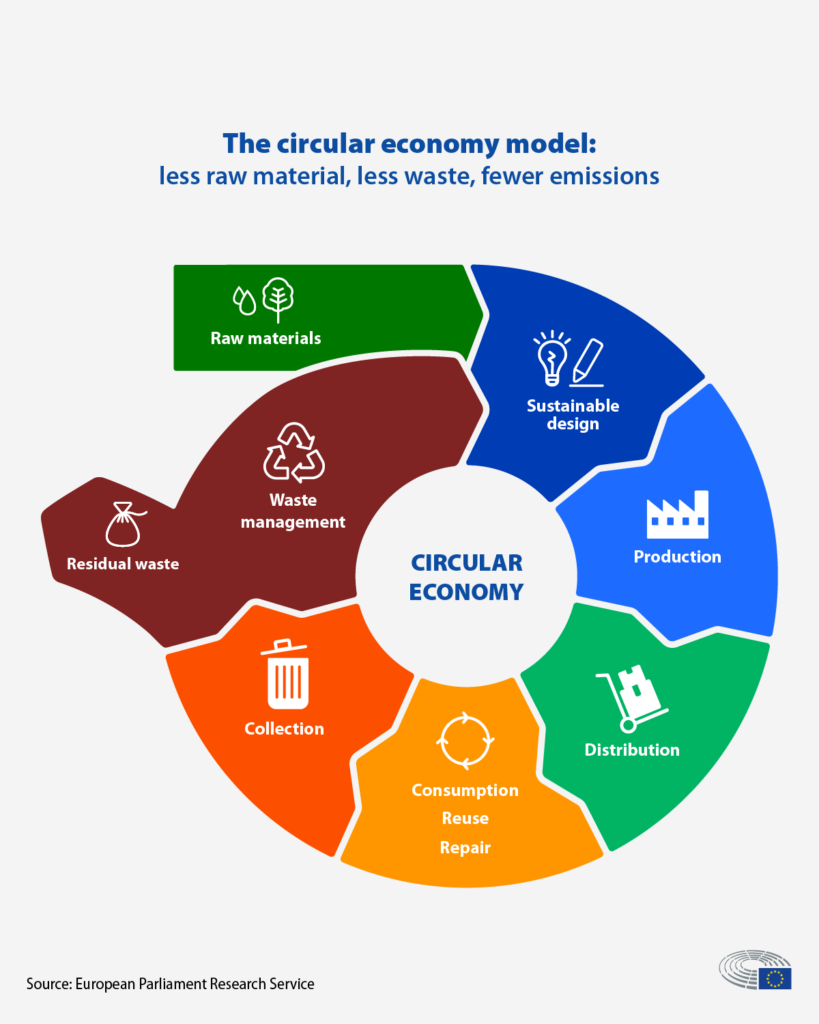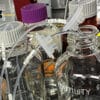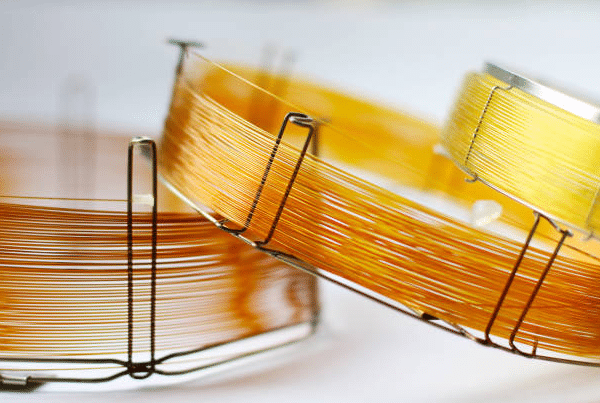In the pursuit of eco-friendly laboratory practices, equipment choice plays a pivotal role. Used GCs, such as Agilent’s 5890, 6890 and 7890 series instruments, are widely available. Known as laboratory workhorses, these instruments have a well-earned reputation for ruggedness and high performance. Perfect candidates for refurbishment, these instruments can continue to produce accurate and efficient analyses for years to come. This tech tip looks at a few environmental benefits of refurbished GCs, and how such a choice aligns with sustainable lab management.
Reducing Electronic Waste
Probably first and foremost, refurbished GC systems contribute to the reduction of electronic waste, a critical concern in the scientific community.
According to a report by the United Nations, electronic waste is a growing environmental challenge.
Extending the life of analytical instruments through refurbishment is an effective strategy.[i] High quality, expertly refurbished instruments such as those offered by GenTech Scientific provide performance, reliability and accuracy at significant cost savings.
Refurbished GCs Conserve Resources
The refurbishment process involves salvaging and reusing components, reducing the demand for new raw materials.

Additional image source information:
- How the EU wants to achieve a circular economy by 2050
- Recently published studies highlight the environmental benefits of reusing materials in industrial and research environments.[ii]
Cost-Effective Sustainability
Choosing refurbished GC systems is not only environmentally responsible but also economically advantageous. Refurbishment makes high quality analytical instruments from industry-leading manufacturers available at a fraction of the cost of new equipment.
Lab managers can allocate saved funds towards other initiatives – including sustainability initiatives – within the laboratory.
Quality Assurance
Renowned refurbishment processes adhere to strict quality standards, ensuring that refurbished GC systems perform at par with new equipment. Quality refurbishers like GenTech Scientific stand behind their work with warranties, operator training, and maintenance options to protect a laboratory’s investment down the road.
Why Buy New When You Don’t Have To?
Embracing sustainable practices in the laboratory extends beyond recycling paper and reducing water consumption. Opting for refurbished Gas Chromatography systems aligns with the global movement towards a more environmentally conscious scientific community. Lab managers and scientists can actively contribute to a sustainable future by making informed choices in equipment procurement.
[i] Refurbished Products in the Circular Economy: Benefits, Misconceptions, and Best Practices. David S. Houser, 24 Apr 2023. https://www.linkedin.com/pulse/refurbished-products-circular-economy-benefits-best-david-s-houser/
[ii] Resources, Conservation and Recycling, Vol 166, March 2021. Combining environmental and economic factors to evaluate the reuse of electrical and electronic equipment – a Swiss case study (https://www.sciencedirect.com/science/article/pii/S0921344920306224). Also see: Journal of Cleaner Production, Vol 389, 20 Feb 2023. Industrial ecosystem renewal towards circularity to achieve the benefits of reuse – Learning from circular construction (https://www.sciencedirect.com/science/article/pii/S0959652623000434)







